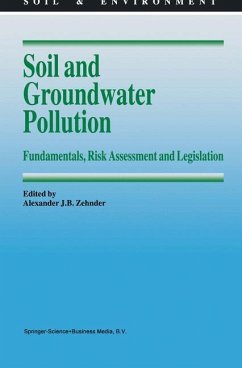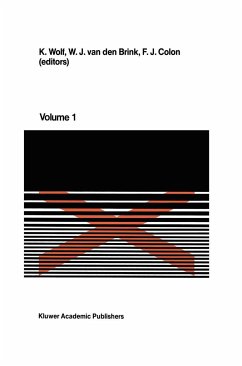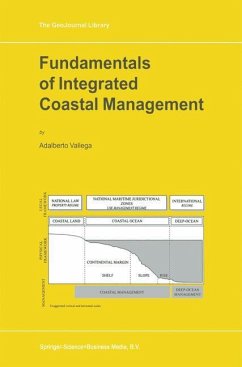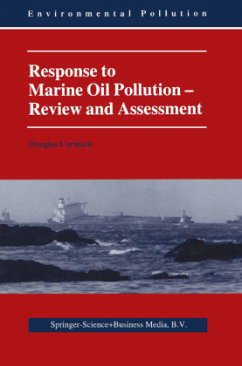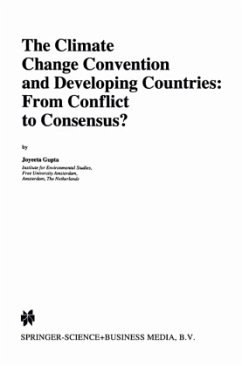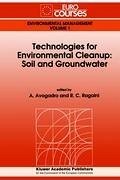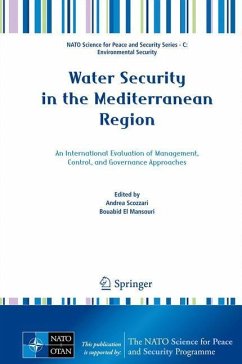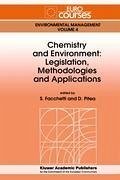
Soil and Groundwater Pollution
Fundamentals, Risk Assessment and Legislation
Herausgegeben: Zehnder, A. J.
Versandkostenfrei!
Versandfertig in 1-2 Wochen
77,99 €
inkl. MwSt.

PAYBACK Punkte
39 °P sammeln!
SCOPE, the Scientific Committee on Problems of the Environment, was established by the International Council of Scientific Unions (ICSU) in 1969 as an international, non to governmental, non-profit organisation with the mandate - advance knowledge of the influence of humans on their environment, as well as the effects of these environmental changes upon people, their health and their welfare with particular attention to those influences and effects which are either global or shared by several nations; - to serve as a non-governmental, interdisciplinary and international council of scien tists ...
SCOPE, the Scientific Committee on Problems of the Environment, was established by the International Council of Scientific Unions (ICSU) in 1969 as an international, non to governmental, non-profit organisation with the mandate - advance knowledge of the influence of humans on their environment, as well as the effects of these environmental changes upon people, their health and their welfare with particular attention to those influences and effects which are either global or shared by several nations; - to serve as a non-governmental, interdisciplinary and international council of scien tists and as a source of advice for the benefit of governments and intergovernmental and non-governmental bodies with respect to environmental problems. SCOPE has been established because critical environmental concerns call for a thor ough evaluation of the issues at stake, an assessment of their consequences at global and regional levels and the formulation of possible solutions. Through its activities SCOPE identifies available knowledge, then synthesizing it to point out where gaps and uncertainties exist, and to recommend where efforts should be concentrated to develop explanations and solutions.



